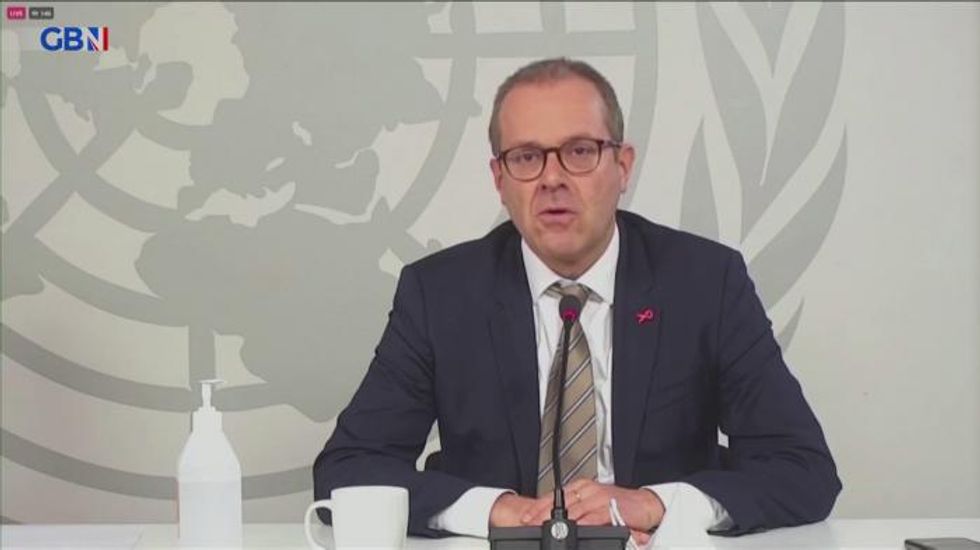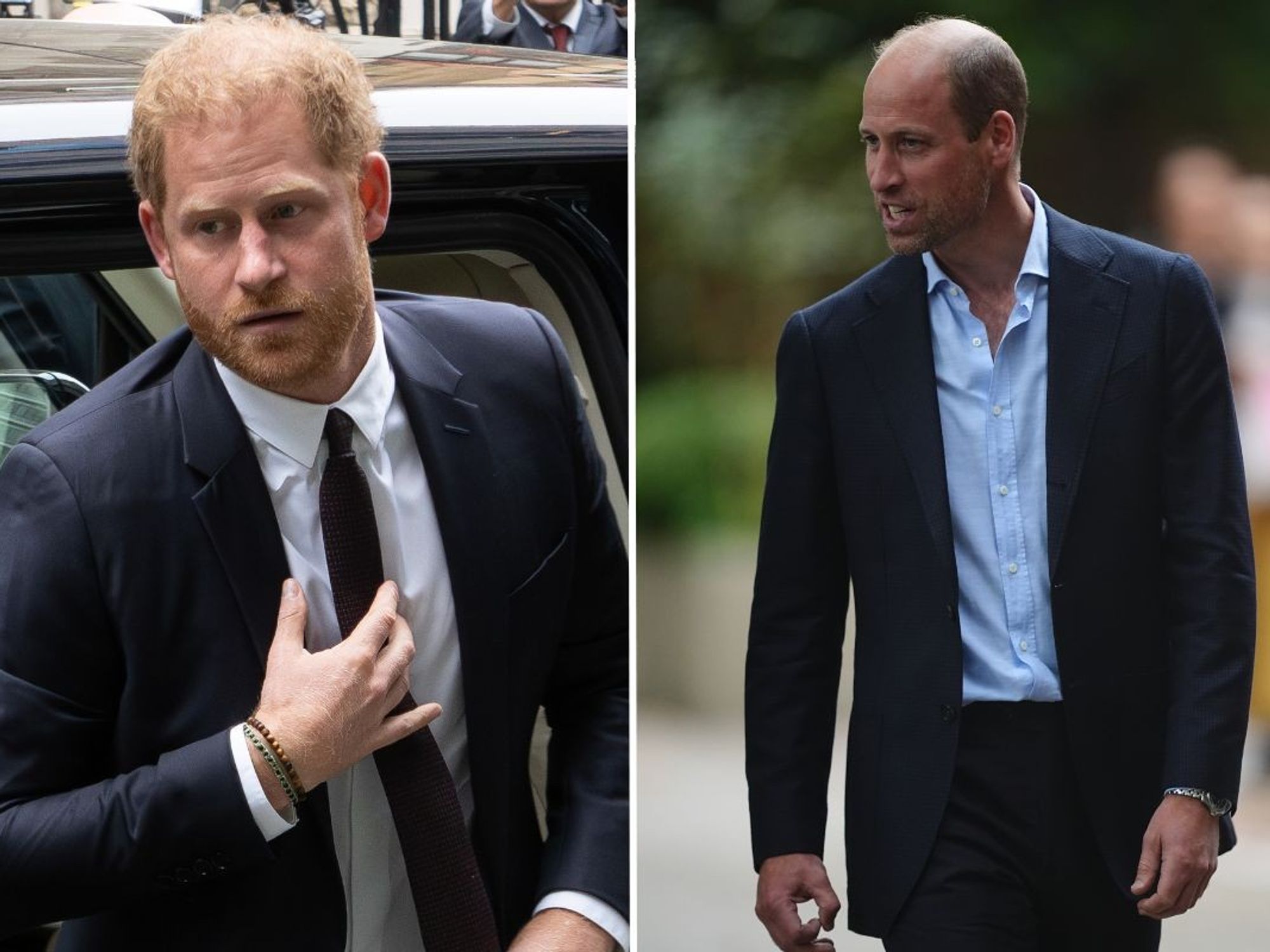UK Pfizer manager Ben Osborn said people are likely to need booster shots “for a number of years to come” in fight against Covid
Don't Miss
Most Read
Trending on GB News
People are likely to need Covid-19 booster shots “for a number of years to come”, a Pfizer boss has said.
Ben Osborn, country manager for the pharmaceutical firm in the UK, said that it was not yet clear whether future boosters would be needed annually or every six months.
In an interview with the PA new agency to mark the anniversary of the first jab being given as part of a mass vaccination programme, Mr Osborn said that the campaign in the UK had been an “incredible endeavour”.
On the Omicron variant of the virus, Mr Osborn said: “We’re all waiting for various data to come out, not just from Pfizer and BioNTech, but from governments and healthcare systems around the world.
“I think what we’ve got already is the basic understanding and the molecular understanding of the virus, and the mutations that we’ve seen well-documented.
“What we now need to understand is three things: The level of transmission that this new variant gives and whether it will out-compete Delta here in the UK; secondly, the impact of Omicron in terms of hospitalisations and potential death; and then of course, very importantly, thirdly, the impact of the vaccine on this variant.
“We will have more data in the coming weeks on all three of those factors that will then lead to decision-making not just for Pfizer, but for governments around the world.
“So we stand ready. If we do need a new vaccine then we would be able to develop that and manufacture at scale.
“But in the meantime, the most important thing is that we are boosting up all of our adult population to get that baseline level of immunity as high as we possibly can.
Asked for how long people should expect to need boosters, he added: “I think it’s difficult to say in terms of many years because none of us can predict how the virus will evolve over time.
“I think what the science and data are now showing us though, is that we are likely to need some level of boosting across our adult population for a number of years to come yet.
“What we don’t know is whether that will be a six-month boost, as we’re all going through right now, or whether that will become more of a flu-like booster job on an annual basis.”
On whether children as young as five could soon be offered the jab in the UK, as is happening in other countries, Mr Osborn added: “We have said we’ve made the application to the MHRA (Medicine’s and Healthcare products Regulatory Agency).
“I don’t think it would be appropriate for me to comment on their decision. But we stand ready to supply the UK, pending any regulatory approval and recommendation, of course, from JCVI (the Joint Committee on Vaccination and Immunisation).”
He also said the vaccination programme in the UK had been an “incredible endeavour”.
The campaign was launched a year ago when Margaret Keenan became first person in the world to receive a Covid-19 jab as part of a mass-vaccination programme.
Ms Keenan, aged 90 at the time, was given a Pfizer/BioNTech vaccine at University Hospital in Coventry on December 8 2020.
Since then, just over 51 million first doses of vaccine have been given in the UK, along with more than 46 million second doses and 20 million extra doses.
Mr Osborn added: “It is a year since Margaret Keenan got the first vaccine globally to a national health programme, it has just been the most incredible endeavour from a human health perspective that we have ever ever seen.
“I don’t think anyone would have imagined that we’ll be in the position that we are today here in the UK, where we’ve got over 80% of our population obviously with two doses, and we’re now well into the booster programme, and the impact of these vaccines on our nation’s health.”
Commenting on the anniversary, Dr June Raine, chief executive of the MHRA, said: “This time last year we were the first regulator in the world to approve the first Covid-19 vaccine for the UK.
“Vaccination is the single-most effective way to reduce deaths and severe illness from Covid-19 and to date, the national vaccine rollout has saved thousands of lives.
“We are extremely proud to have played a role in this life-saving work and we continue to build on what we have achieved throughout this pandemic.”








